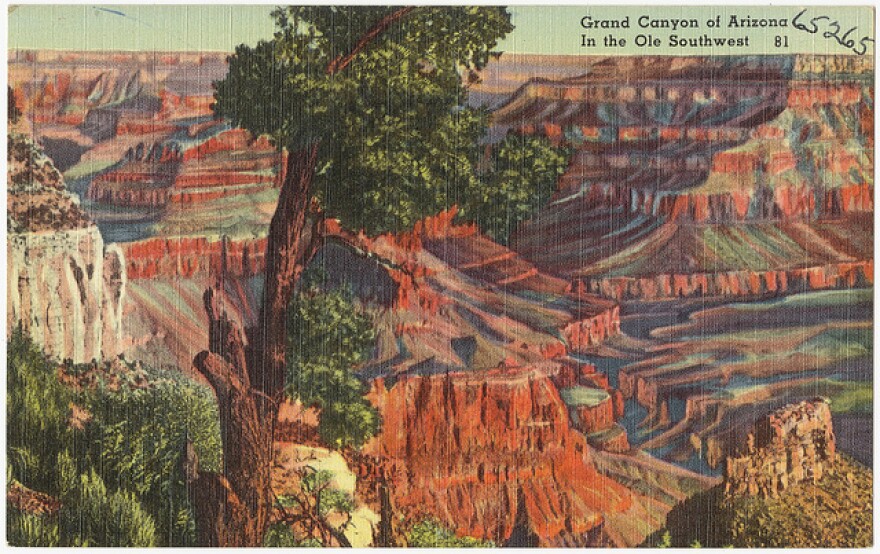



The American Vacation


“Vacations were an important part of the social life of the upper class in the United States throughout the 19th century. They even had a circuit of vacations that followed the sun in some ways – they went south for the winter, came back north to Newport and other places like that. In fact, they became what Thorstein Veblen critiqued as ‘the leisure class.’ It’s not until the turn of the 20th century that the middle class begins to see vacations as something that’s possible for them.”


“Because of the excesses of the upper class, vacations had a somewhat tarnished view among the more industrious working class. And so one of the issues that had to get resolved was how to justify, what rationales to use, for this newly emerging hard-working middle class to make it seem logical for them to take time away from work – which was seen as the centerpiece of their lives.
Going to a historic site was thought of as a ‘worthy’ use of leisure time, going to visit the battlefields of the Civil War for example. Later on when the national parks became available, going out west celebrated the wild beauty of the United States, and consolidated notions of our pride in the US. Probably the biggest rationale was the notion that the vacation was something that families would do together – white middle-class families in particular found the vacation a really central part of family life.”


“The main assignment for this class is that the students write their own family’s vacation history. Inevitably what happens at the end of the semester is that students have learned what a privilege it is to be part of a rich vacation history. When they interview their grandparents for example, since the class is taught in Iowa and there’s a fair number of people that have farming in their background, what they discover is that the clichéd notion of a vacation as something that takes place during the summer, is something not usually available to farm families It’s likely that their grandparents might say, ‘we never took a vacation when I was a kid.’ But in fact, what they find then is that they went to the State Fair every year.”

“I grew up in the East, and we took a number of family vacations to historic sites, and the grand finale was the trip we took out west to see the national parks. Of course we took it in a car, with all that entailed in the years before superhighways. So now when I look back at that trip, I can see it as a piece of history. I can see what inspired the trip for my family. I can see the experiences in a new light. And I’m hoping that that’s the way that students look at their own vacations.”










